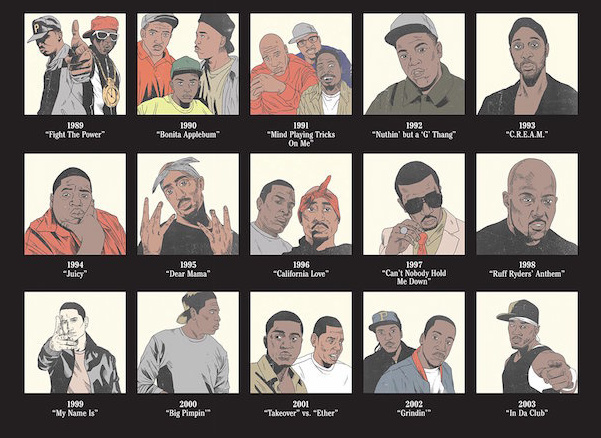Gjon Mhilli doesn’t leave his house out of fear he’ll be killed. Photo by the author
Gjon Mhilli peered out through his curtains at the countryside near Shkodër, in northwestern Albania. Outside it was sunny, warm—bucolic, even. Clouds rolled off the mountains and drifted over farms scattered on the green hills. The weather had been like this on the first day he was almost murdered, he told me, scratching his short gelled hair.
Videos by VICE
Black Saturday, Mhilli calls it. Twenty-two years ago, the Albanian, then 16, was working his family’s wheat field when a father and four sons from a neighboring farm approached, shouting and swearing. They wanted Mhilli’s family’s land for their own and were willing to use force. As they punched, kicked, then stabbed the teenager as he fell to the dirt, Mhilli was sure he would die—then his brother arrived with a hand plow and bludgeoned one of the sons to death with it.
Mhilli’s brother was convicted of manslaughter in a courtroom, but the father of the dead man was after an older brand of justice: He announced publicly that Mhilli’s family should pay in blood.
Since then, Mhilli said, there have been more than a dozen attempts on his life. In 2003 he was set on fire. In 2006 two men followed him home and pistol-whipped him into a coma, and when Mhilli came to, the police ordered him to pardon his attackers. He’s become convinced that one day they will succeed.
These days Mhilli doesn’t leave his small rented cinder-block house. Neither do his wife, Valentina, and their three kids. Next door is an Ottoman mosque where old men sit outside and drink tea under the sun. Mhilli doesn’t dare join them, or he’d be killed. He stays inside, watching television, drinking coffee, and smoking hand-rolled cigarettes the size of cigars. The children stay with an uncle sometimes; living with Dad is too dangerous.
Gjakmarrja, the tradition of blood feuds, has been a part of Albanian culture since the 15th century, when a set of laws called the Kanun of Lekë Dukagjini held that a murder victim’s family could avenge his death by killing a male member of the murderer’s family.
The communist leader Enver Hoxha’s Party of Labor took over Albania in 1944. In the following decades it banned religion, beards, and many aspects of traditional life, including gjakmarrja, while transforming the Balkan country into one of Europe’s poorest and most isolated nations. When the communists were officially voted out of power in 1992, Albania had been reduced to a broke backwater. In 1997, several massive pyramid schemes collapsed at once, almost destroying the national economy, and in the ensuing chaos the populace stole massive quantities of heavy weaponry from the government, most of which was never recovered by authorities. In light of this history, it’s not surprising that Albania’s criminal-justice system is widely distrusted, and in many places the Kanun—and the blood feuds that come with it—has once again become a popular way of settling disputes.
In 2012, around 1,600 families were affected by blood feuds, which as of 2000 had claimed 10,000 lives since the end of communism, according to Albania’s Committee of Nationwide Reconciliation (CNR), an anti-violence NGO.
It’s fallen on private groups to stem the tide of blood, CNR chairman Gjin Marku told me, because the government offers very little help. Mhilli can vouch for this—during my visit, he pulled out a pile of letters he has written over the years to various officials. The few who have replied haven’t been sympathetic, and some even told him not to embarrass his nation with bad publicity and derail its bid to join the European Union.
In fact, when I asked Prime Minister Edi Rama about the feuds, he said that Albania’s tradition of violence could be mitigated by things like improved social services but also by EU membership. “This is something that can only be solved through integration, Europeanization,” he told me.
Meanwhile, Marku travels the country in an effort to resolve blood feuds through mediation and dialogue. “I’m confident in Edi Rama,” Marku said. “If the top of the state pays attention to the strategy of the CNR, as well as to the culture of reconciliation, then everything will go smoothly. But unfortunately neither [local politicians] nor the media are interested in that.”
I asked Marku whether he had any advice for Mhilli, and he said Mhilli’s only option was escape: “He should not stay in Albania for a minute more.”
Mhilli did flee the country for Sweden two years ago with his family, but they were deported after a year and a half in a Stockholm suburb. Now Mhilli feels trapped in a town and country where he doesn’t see anything good ever happening for his family.
“It’s a catastrophic situation,” he said. “[The kids] have never been to school. I don’t teach them. The older boy can write, but the younger son cannot. I have zero hope for their future. I feel so bad about that because I’m done for myself, and when I look at them I’m devastated.”


